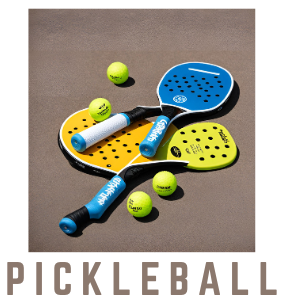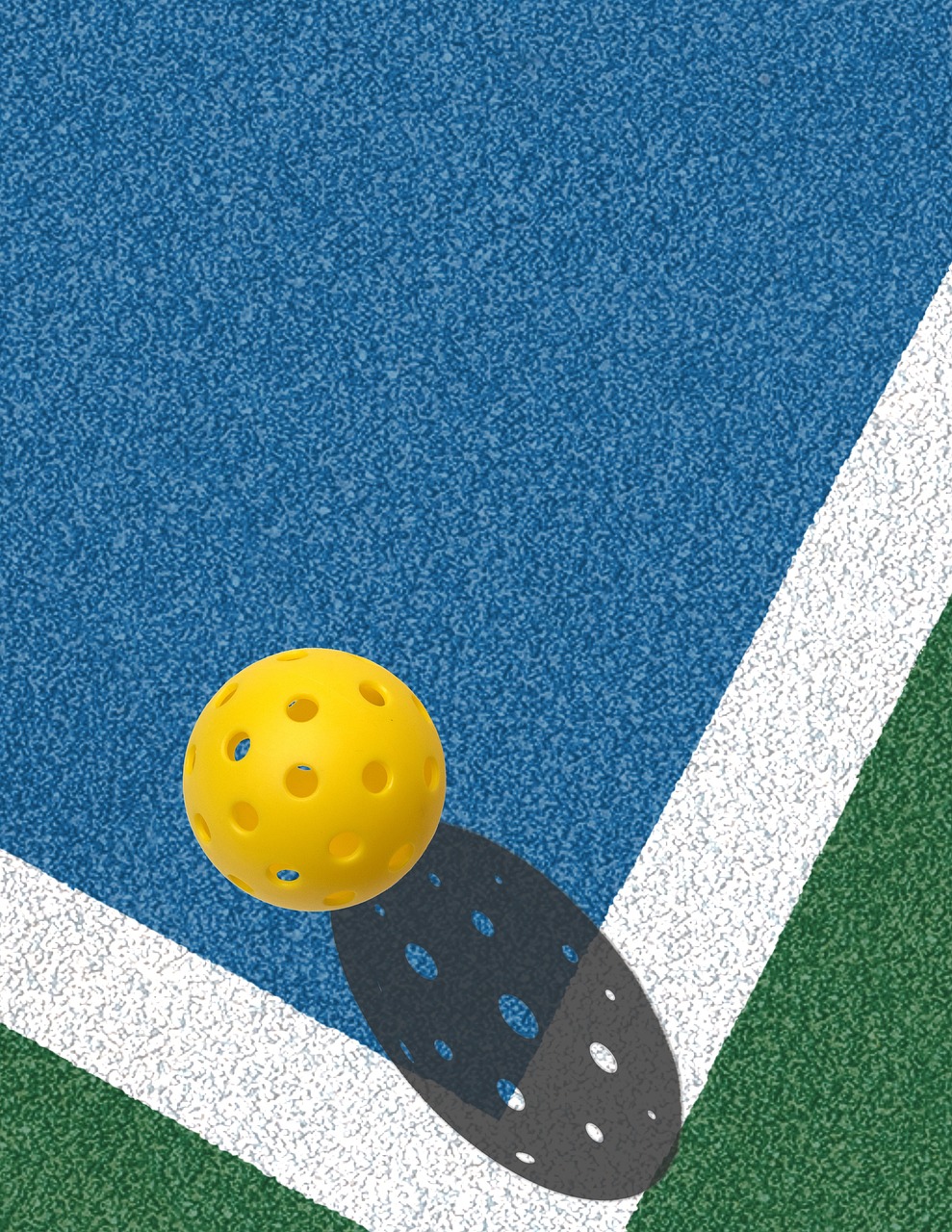Have you ever wondered where is the best place to serve in pickleball? Serving is a crucial part of the game, as it sets the tone for the point and can give you an advantage right from the start.
We will explore the different areas of the court where you can serve in pickleball and discuss the pros and cons of each location. By the end of this article, you will have a better understanding of where you should be serving to maximize your chances of winning points.
Baseline Serving
Serving from the baseline is one of the most common strategies in pickleball. By serving from the baseline, you have more space to hit the ball at a higher angle, allowing for a greater chance of landing the ball in the opponent’s court. However, serving from the baseline also gives your opponents more time to react and return the serve. It’s a strategic choice that requires good control and accuracy.
Pros
Serving from the baseline gives you the opportunity to hit the ball with more power and spin, making it harder for your opponents to return the serve. You also have a better chance of hitting the ball at a deeper angle, which can catch your opponents off guard.
Cons
On the flip side, serving from the baseline can give your opponents more time to anticipate the serve and position themselves accordingly. It also requires more precision and control, as the ball has to travel a longer distance to reach the opponent’s court.
Kitchen (Non-Volley Zone) Serving
Serving from the kitchen, also known as the non-volley zone, is another popular strategy in pickleball. By serving from the kitchen, you are closer to the net, which can catch your opponents off guard and limit their reaction time. However, serving from the kitchen also means you have less space to hit the ball at a higher angle, which can make it easier for your opponents to return the serve.
Pros
Serving from the kitchen allows you to get up close to the net, putting pressure on your opponents and limiting their options for returning the serve. It can also be a more aggressive strategy, as you have the opportunity to hit the ball with more speed and precision.
Cons
Despite the benefits, serving from the kitchen also comes with its challenges. You have less space to hit the ball at a higher angle, which can make it easier for your opponents to predict and return the serve. It also requires good control and accuracy, as hitting the ball too hard can result in a fault.
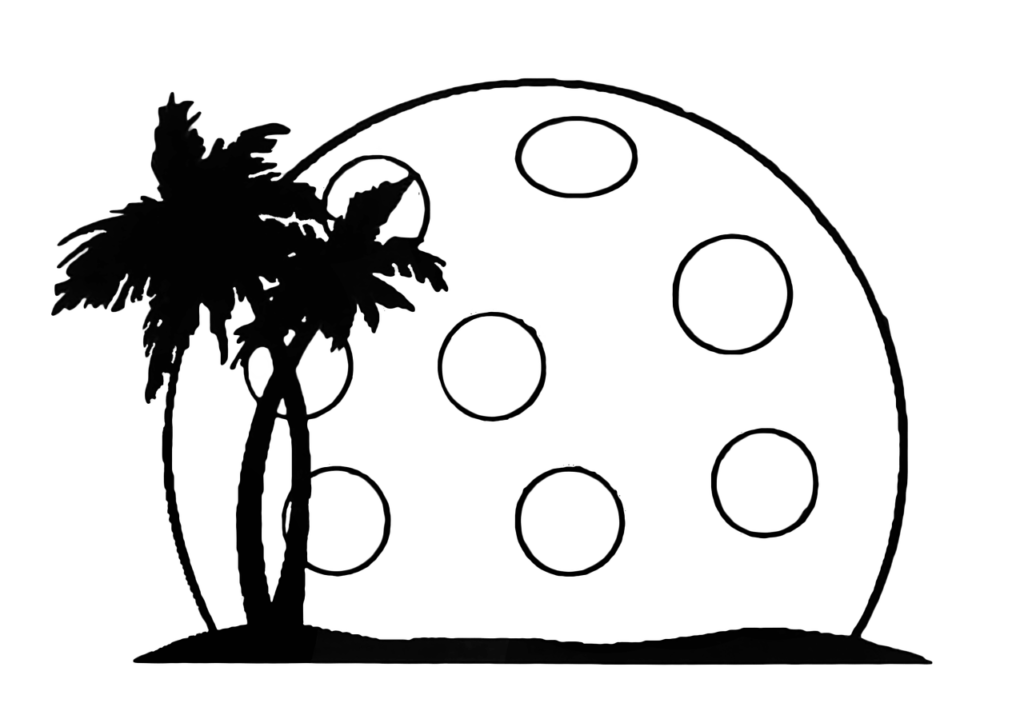
Middle of the Court Serving
Serving from the middle of the court is a less common strategy in pickleball, but it can be effective if executed correctly. By serving from the middle of the court, you have the advantage of hitting the ball at an angle that can catch your opponents off guard. However, serving from the middle of the court also means you have less time to react to your opponent’s return, as you are positioned further away from the net.
Pros
Serving from the middle of the court can be a strategic move to keep your opponents guessing. You have the advantage of hitting the ball at a unique angle that can be difficult to predict, giving you an edge in the point. It can also allow for a more aggressive serve, as you have the opportunity to hit the ball with more power.
Cons
On the downside, serving from the middle of the court can leave you vulnerable to your opponent’s return. You have less time to react to their shots, as you are positioned further away from the net. It also requires good timing and judgment, as hitting the ball at the wrong angle can result in losing the point.
Cross-Court Serving
Serving cross-court is a strategic choice that can catch your opponents off guard and disrupt their positioning. By serving cross-court, you have the opportunity to hit the ball at an angle that can be difficult for your opponents to return. However, serving cross-court also means you have to hit the ball with more accuracy and control, as any mistakes can result in giving your opponents an advantage in the point.
Pros
Serving cross-court can be an effective strategy to keep your opponents on their toes. It can disrupt their positioning and make it harder for them to predict and return the serve. It also allows for a more aggressive serve, as you have the opportunity to hit the ball with more power and spin.
Cons
Despite its benefits, serving cross-court also comes with its challenges. You have to hit the ball with more accuracy and control, as any mistakes can result in the ball going out of bounds. It also requires good judgment and timing, as hitting the ball at the wrong angle can give your opponents an advantage in the point.
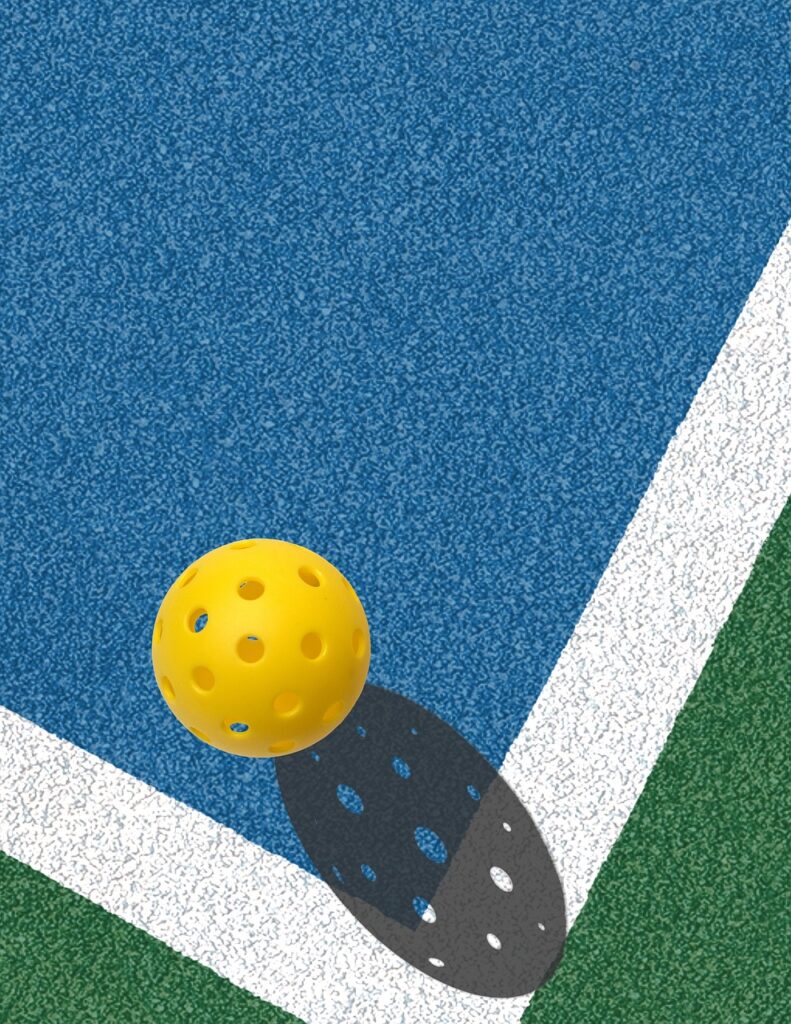
Right Side Serving
Serving from the right side of the court is a strategic choice that can catch your opponents off guard and limit their reaction time. By serving from the right side, you have the advantage of hitting the ball at an angle that can be difficult for your opponents to return. However, serving from the right side also means you have to hit the ball with more accuracy and control, as any mistakes can result in giving your opponents an advantage in the point.
Pros
Serving from the right side of the court can be an effective strategy to keep your opponents guessing. It can disrupt their positioning and make it harder for them to anticipate and return the serve. It also allows for a more aggressive serve, as you have the opportunity to hit the ball with more power and spin.
Cons
Despite its benefits, serving from the right side also comes with its challenges. You have to hit the ball with more accuracy and control, as any mistakes can result in the ball going out of bounds. It also requires good judgment and timing, as hitting the ball at the wrong angle can give your opponents an advantage in the point.
Left Side Serving
Serving from the left side of the court is another strategic choice that can catch your opponents off guard and limit their reaction time. By serving from the left side, you have the advantage of hitting the ball at an angle that can be difficult for your opponents to return. However, serving from the left side also means you have to hit the ball with more accuracy and control, as any mistakes can result in giving your opponents an advantage in the point.
Pros
Serving from the left side of the court can be an effective strategy to keep your opponents guessing. It can disrupt their positioning and make it harder for them to anticipate and return the serve. It also allows for a more aggressive serve, as you have the opportunity to hit the ball with more power and spin.
Cons
Despite its benefits, serving from the left side also comes with its challenges. You have to hit the ball with more accuracy and control, as any mistakes can result in the ball going out of bounds. It also requires good judgment and timing, as hitting the ball at the wrong angle can give your opponents an advantage in the point.
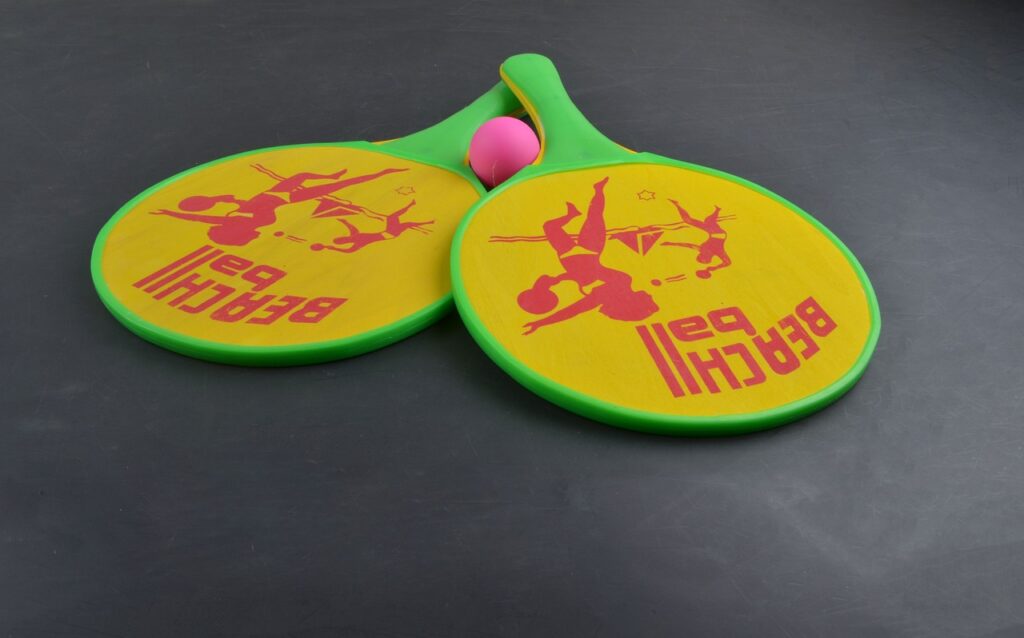
Conclusion: Where Is The Best Place To Serve In Pickleball
In conclusion, the best place to serve in pickleball ultimately depends on your playing style, skills, and the situation on the court. Whether you choose to serve from the baseline, kitchen, middle of the court, cross-court, right side, or left side, each location has its pros and cons that you should consider before making your decision.
Experimenting with different serving strategies can help you discover what works best for you and maximize your chances of winning points in pickleball. Next time you step onto the court, think about where you want to serve and how you can use that to your advantage. Serve smart, play hard, and have fun on the pickleball court!
